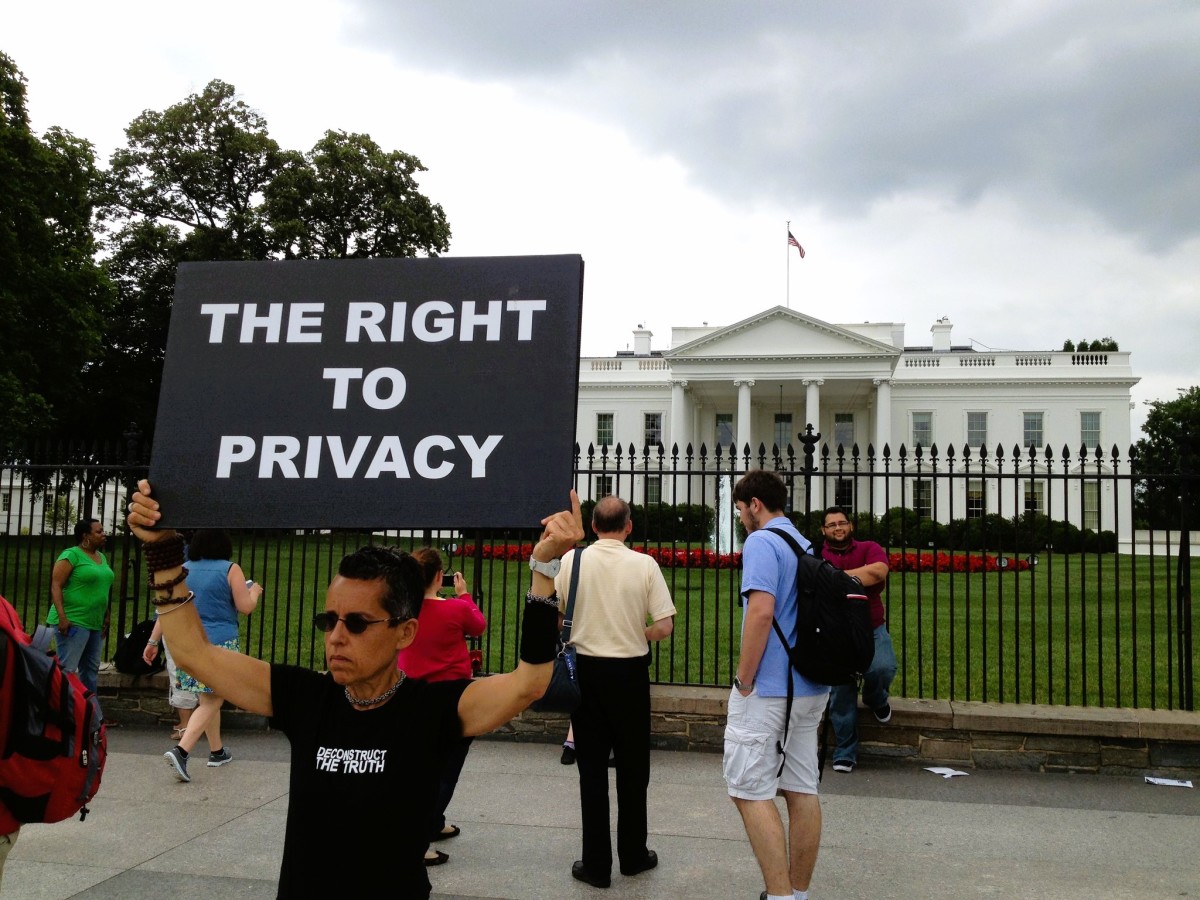How and When You Can Sue for Intrusion Under U.S. Law
Personal Law in the US
Intrusion means the act of invading someone’s privacy. In legal parlance Intrusion can be of many types and flow from the first amendment of the constitution. Modern jurisprudence in the United States allows a citizen of the United States a reasonable amount of privacy. Any infringement of this privacy is referred to as an intrusion and allows the complainant to sue for damages.
Generally four types of intrusions are recognized under US law. These are
- Intrusion of Solitude
- Appropriation of Name or Likeness
- Public Disclosure of Private Facts
- False Light
Intrusion of Solitude
Intrusion of solitude means if there is any infringement of the right of a citizen to lead his or her life in the manner deemed fit. In case a person wilfully enters a private house or garden, without permission, it will constitute tress pass and invasion of solitude.
Invasion of solitude has a wide connotation and includes illegally intercepting private phone calls, or snooping through someone's private records. It also applies to snooping and photographing the private moments of a person. A man fixing a camera at a vantage point and photographing a woman through her bathroom while she is undressing would come under intrusion of solitude. Intrusion of solitude does not require any publication of images, but the act itself makes the person liable for damages.
Appropriation of Name or Likeness
Appropriation of name and likeness are sufficient grounds for a plaintiff to sue the concerned person. Any use of a name or document without permission comes under purview of appropriation of name and likeness. This often happens in business deals. In 2005 the famous musician Tom Waits refused to endorse anew automobile. The company brought in another man who sounded like Watts and released the advertisement. Watts was able to sue the company for appropriating his likeness.
Public Disclosure of Private Facts
Public disclosure of private facts or information is the third type of intrusion. This is generally applied in connection with the first amendment and freedom of speech. Thus a photographer photographing a celebrity on a public beach with a long range camera will not constitute a tort under this section. But a secret camera filming a lover making love to his beloved in the bedroom would constitute an offence. The crucial point here whether there has been any reasonable infringement of privacy. Thus a senator having a love affair with a girl in his office can be made public as the senator is a public person and the people have the right to know everything about who is representing them.
False Light
The last type of intrusion is false light. This involves publication of some misleading or incorrect information about a person. In such a case, a plaintiff will have reasonable grounds to sue and claim damages. Generally information that is false and shows the concerned person in poor light in public will attract provision of this aspect of intrusion.
Remedy for Aggrieved
In case any of the above mentioned intrusions take place, a plaintiff is at liberty to ask for redress from the courts. This is usually in the form of monetary compensation. The first step to sue is to contact a lawyer who is qualified to take up the case. All the facts of the infringement of privacy must be collected.
Steps to be Taken
The lawyer will examine whether the complainant has a case against the accused. In case the charges appear justified, a legal notice must be issued to the accused or his lawyer, giving a reasonable time to reply back. This is the first and most important step. In case this step is not followed subsequent proceeding will be null and void.
In case no reply is received the complainant will be at liberty to approach the civil court. The case will be heard by the court and decided as per the law. During the course of the proceedings the accused and the complainant are at liberty to settle the matter out of court to their mutual satisfaction. The court will recognize the out of court settlement and quash further proceedings.
Normally such offences take a long time to get settled and it is not uncommon for parties to arrive at a out of court settlement.






